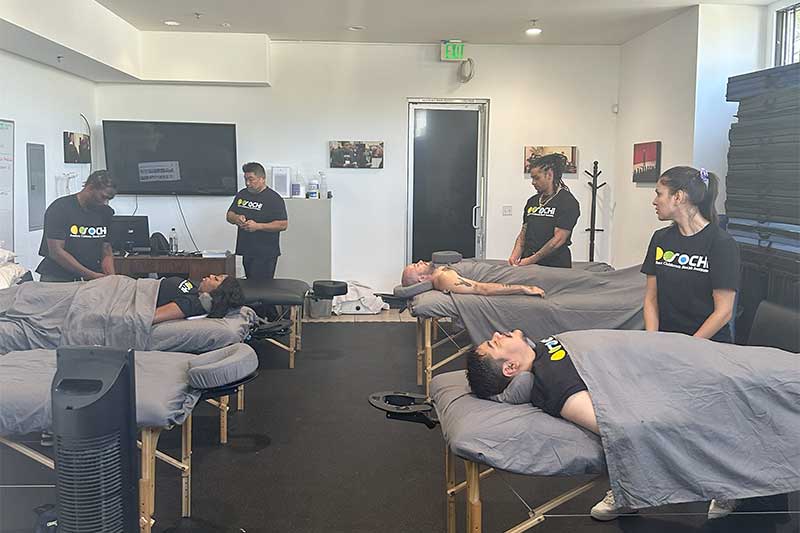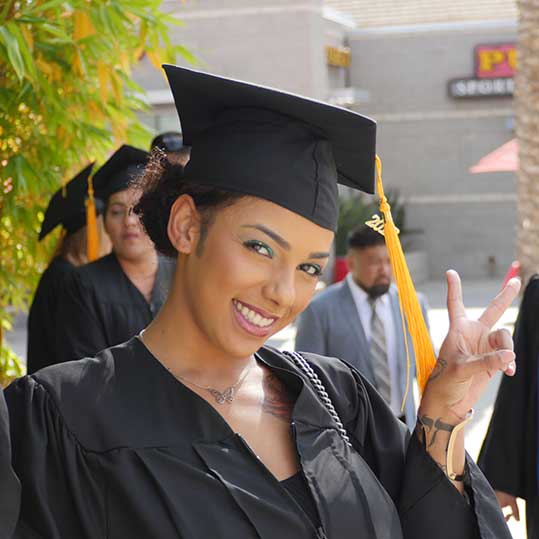Are you thinking of how to become a fitness nutrition specialist? Get the essential information, from choosing a program and getting certified to building your career.
Discover How To Become A Fitness Nutrition Specialist
Are you passionate about fitness and nutrition? Do you aspire to help people achieve their health and fitness goals? If your answer is yes, then becoming a fitness nutrition specialist might be the perfect career path for you. A fitness nutrition specialist is a qualified professional who provides nutrition advice and creates personalized diet plans to help clients achieve their fitness goals.
Top 5 Steps to Become a Fitness Nutrition Specialist: A Comprehensive Guide
In this comprehensive guide, we will walk you through the steps you need to become a fitness nutrition specialist.
Step 1: Choose a Recognized Certification Program
To become a fitness nutrition specialist, you must first select a recognized certification program. Several certification programs are available, but choosing one that the National Commission accredits for Certifying Agencies (NCCA) is recommended. The NCCA accredits certification programs that demonstrate compliance with established standards and guidelines.
Step 2: Meet the Education and Experience Requirements
Most certification programs have specific educational and experience requirements that must be met before you can enroll. Common requirements include a high school diploma or equivalent, completing nutrition courses, and having a certain number of hours of practical experience in the field. Make sure to review the requirements of the certification program you have chosen, so you understand what is required of you.
Step 3: Study for the Certification Exam
Once you are enrolled in a certification program, the next step is to study for the certification exam. The exam typically covers areas such as nutrition science, dietary supplements, nutritional needs of different populations, and nutritional assessment and planning. You can prepare for the exam through online courses, textbooks, and other study materials. Practice tests are also available to help you assess your readiness.
Step 4: Pass the Certification Exam
After preparing for the certification exam, you will need to take the exam and pass it to obtain certification. Certification exams are designed to evaluate your knowledge and skills in different areas of nutrition science. Passing the exam will demonstrate that you have the necessary knowledge and skills required to become a fitness nutrition specialist.
Step 5: Maintain certification
Certification is not a one-time event. Certification programs require certified professionals to maintain their certification by completing continuing education courses. This requirement ensures that professionals stay up-to-date on the latest research and industry developments. Make sure to review the continuing education requirements of the program you have chosen.
What are the Requirements for Sports Nutrition Certification with NASM?
Obtaining certification is crucial if you’re interested in pursuing a career in sports nutrition. With the NASM, there are specific requirements to achieve this certification. Firstly, you must have a high school diploma or equivalent, be at least 18 years old, and have a current CPR/AED certification.
In addition, you must have completed a bachelor’s or higher degree in a related field, such as exercise science, nutrition, or athletic training. This degree must be from an accredited institution or approved by NASM.
Finally, you must pass the NASM Certified Nutrition Coach (CNC) exam with a minimum score of 70%. With all these requirements, you’ll be well on your way to becoming a certified sports nutritionist with NASM!
Conclusion:
In conclusion, becoming a fitness nutrition specialist requires dedication, time, and effort. But with the right education, experience, and certification, you can help others achieve their fitness and nutrition goals while building a fulfilling career. Remember to choose a recognized certification program, meet the educational and experience requirements, study hard for the certification exam, pass the certification exam, and maintain certification through continuing education. Following these steps will put you on the path to success as a fitness nutrition specialist.




